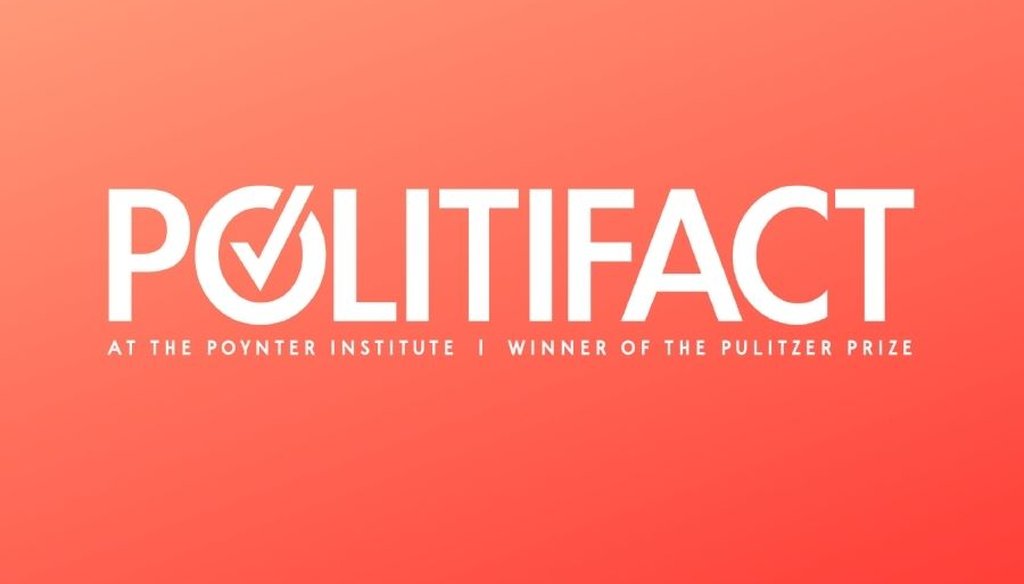Stand up for the facts!
Our only agenda is to publish the truth so you can be an informed participant in democracy.
We need your help.
I would like to contribute

While most of Obama's 514 promises are still rated No Action, he has managed to fulfill many that address his key campaign themes.
President Barack Obama's first 100 days have at times seemed a blur of activity, but he mostly has stuck to a blueprint outlined in his presidential campaign, according to an analysis of campaign promises by PolitiFact.
By marrying much of his domestic agenda to economics, Obama has used the appetite for an urgent response to the financial crisis to advance his overall plan on a wide range of fronts.
It was a plan so detailed PolitiFact found more than 500 campaign promises. According to ongoing tracking of their progress, Obama has so far kept 27 of those promises, with an additional 63 solidly in the works. Six have been broken.
While the majority of Obama's agenda remains on the table, he has managed to fulfill promises that address the key themes of his campaign.
From the earliest days of his campaign, Obama talked about ending the war in Iraq and boosting efforts in Afghanistan. On his first full day in the White House, Obama
kept a promise
to tell military commanders in Iraq to draw up plans for withdrawal. He also has sent
two additional brigades
to Afghanistan to combat a resurgent Taliban.
Obama's stump speeches repeated promises to improve transparency and ethics in government. During his first week, Obama signed
an executive order
requiring appointees to affirm that they were not hired because of political affiliations or contributions. The same day, he ordered a
ban on gifts
from lobbyists to anyone serving in his administration.
Green energy was another plank in Obama's platform. With the economic stimulus legislation, he
secured the money
he had promised for solar, wind and other alternative energy research; $5 billion to
weatherize
low-income homes;
grants
to encourage energy-efficient building codes; and
tax credits
for buyers of plug-in hybrid cars.
Obama lifted restrictions regarding
Cuba
, allowing Americans to visit family more often and send more money to relatives. That not only pleased many Cuban-Americans, but it also fulfilled a promise that was emblematic of Obama's efforts to improve dialogue with longtime adversaries.
PolitiFact also rated 63 promises In the Works, on everything from doubling funding for
cancer research
to modernizing the nation's
electricity grid
. Many were included in the Obama administration's proposed 2010 budget and will require congressional approval.
Obama came to office in the midst of a terrible economic crisis and two foreign wars. What's remarkable to many political observers is that rather than putting off some of his more expensive priorities until the economic crisis eases, Obama is pressing ahead on everything from health care to energy to global warming.
"I guess the headline is, 'President Obama amazes political veterans by doing what he said he'd do,' " said Bill Galston, a former policy adviser to President Bill Clinton and a senior fellow for governance study at the nonpartisan Brookings Institution, a Washington think tank.
Of course, not everything is getting done. Obama has broken some promises, including several tax issues he has abandoned that had little or no support in Congress. They included allowing
penalty-free withdrawals
from 401(k)s during the economic crisis, creating a $3,000
tax credit
for businesses that create new jobs, and eliminating
taxes for seniors
who make less than $50,000.
In matters of ethics and transparency, PolitiFact rated broken his promise to
forbid recent lobbyists
from working in his administration. The rules he created contain loopholes that allow former lobbyists to serve if the administration decides it's permissible. He also broke his "
sunlight before signing
" pledge, which said all legislation would be posted on the Internet for five days before Obama signed it. It wasn't.
Some advocates for the promises that were broken aren't complaining.
John Rother of AARP knows Obama isn't taking action to eliminate taxes for seniors making less than $50,000, but he is doing other things that benefit seniors. The economic stimulus bill, for example, provides for $250 payments to Social Security recipients.
And Rother expects Obama to tackle major health reform this year, a top concern of AARP because 7 million people ages 50 to 64 don't have health insurance.
"We're just at the beginning," Rother said. "I do have a feeling the guy wants to tackle the big issues."
The 100-day benchmark traces its roots to Franklin D. Roosevelt, who won passage of 15 pieces of legislation in three months in 1933, said David M. Kennedy, a professor emeritus of history at Stanford University. But people forget that FDR's biggest accomplishments, including Social Security, were not introduced until about two years later.
The Obama administration is not waiting two years to introduce major legislation on health care, energy, the environment and education.
"Whether this represents greater political wisdom, deeper strategic sense and commitments, or simply the speedup of the political cycle since FDR's day, will be for historians of the future to determine," Kennedy said.
And for all the intensity of activity so far, Obama's first 100 days in office may be the easy part, said Brookings' Galston. "It's easy to initiate a conversation about tough issues. It's much harder to bring those conversations to a successful conclusion."
Our Sources
See individual promises for sources.















































